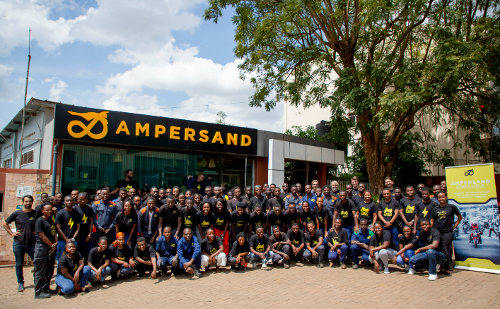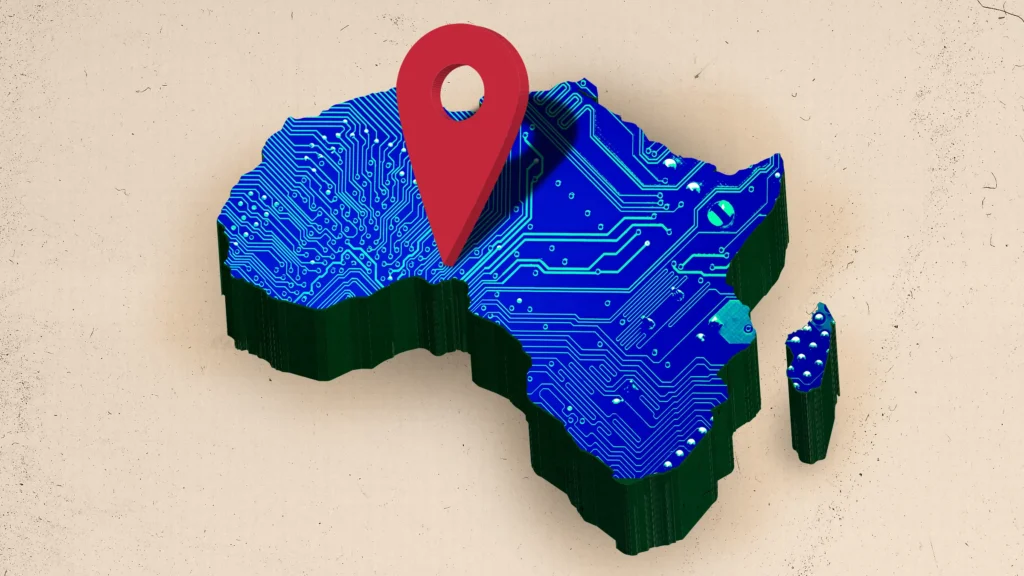The green revolution in tech startup funding continues on the continent, with a new report finding that African climate tech startups will overtake fintech startups to capture almost half of all funding raised by 2024.
Startup funding is favorable for African climate tech startups, with companies in the sector garnering 45% of the total funding raised by African tech startups so far in 2024.
According to an analysis by startup funding data tracker Africa: The Big Deal, the startup industry is on track to raise US$325 million by 2024. While a big number in percentage terms, a significant drop in overall funding for African startups over the past two years has weighed on funding for the industry overall, after several years of growth.

“Over the past five years, climate technology funding has increased in absolute terms ($340 million in 2019, $344 million in 2020, $613 million in 2021, $959 million in 2022, $1.1 billion in 2023),” the report explains.
“After reaching 36% of total investment in 2023, investment in climate tech is currently unlikely to surpass last year’s $1.1 billion, but is expected to grow again in 2024,” the analysis added.
Despite the impressive $187 million raised in May – a staggering 149% increase on the investment funds raised by tech startups in April – the sector as a whole is still down compared to last year.
The Big Deal report attributes this slowdown primarily to a significant drop in funding in the fintech sector: once-dominant fintech startups have only managed to raise $158 million so far in 2024, just 22% of total funding.
Of the $1.7 billion raised by the same time last year, $852 million went into fintech, accounting for more than 50% of the total funding at the time.
But this year, climate tech in Africa has overtaken fintech. The climate tech subsector attracting the most funding in 2024 is currently logistics and transportation (29%, $215 million), with energy and water a close third (18%, $132 million).
“But what’s particularly interesting is looking at the proportion of funding provided to ventures that can be considered ‘climate tech,'” Big Deal explained, emphasizing that climate tech covers a wide range of use cases.

A climate tech company offering fintech solutions across African markets raised $30 million, while a logistics and transportation company secured $95 million. An agriculture and food innovation tech startup received $68 million and deep tech climate solutions received $10 million. The most notable was an energy and water tech company, which attracted $132 million in investments.
Continued funding interest in climate technology offers hope for the future of climate change and response in Africa, as innovators leverage technology to accelerate resilience efforts.
The impact of the funding surge is already being felt, with investors from around the world providing much-needed resources and expertise. This support is helping innovations such as battery-swap technology solutions grow across the continent. For example, Chinese EV manufacturer BYD this week announced a partnership with Kigali-based EV line Ampersand to ramp up production of electric motorcycles to more than 40,000 units by the end of 2026.

Part of the plan includes expanding the quality as well as quantity of units, to include more affordable, high-quality battery solutions.
“This partnership marks a major milestone for Ampersand as we continue to lead the way in delivering sustainable, cost-effective, mass-market EV solutions,” Ampersand CEO Josh Whale said in a statement.
Credit: Boniface Orcho, Birdstory Agency

